In recent weeks, more than one automaker and industry lobby group has expressed concerns over a potential chip shortage, all due to the fact that Chinese officials recently barred Nexperia from exporting those parts to other countries following a decision from the Dutch government to seize control of the company amid national security concerns. That list already includes Ford CEO Jim Farley himself, along with the Alliance for Automotive Innovation and the Motor & Equipment Manufacturers Association (MEMA). Now, we can add two more automakers to that list.
According to Reuters, Nissan, Mercedes-Benz, and others - such as Honda - are scrambling to secure chips, with the former admitting that it only has a supply capable of sustaining vehicle production through the first week of November. "It's a big issue," Nissan's Chief Performance Officer Guillaume Cartier told reporters at the Japan Mobility Show in Tokyo. "For the moment we don't have full visibility." Prior reports have warned that automotive production could be impacted severely in around 2-4 weeks as well.
"It goes without saying that we're scouring the world to look for alternatives," Mercedes-Benz CEO Ola Kaellenius said. "In a modern high-tech car, you have pretty much all five continents inside. "The industry is currently working through reserve stocks but supplies are rapidly dwindling," warned the European Automobile Manufacturers' Association, which added that it will take months for alternative suppliers to build up stock.
The main problem here is that Nexperia is one of very few companies that still makes older-style chips used for more basic vehicle functions like operating power windows and windshield wipers, rather than more modern parts used in advanced driver assist systems (ADAS). "These are fairly common parts, mature nodes, semi-components like diodes and transistors. We're maximizing our buy of these components. We got really good at doing that during the chip crisis," Farley said.




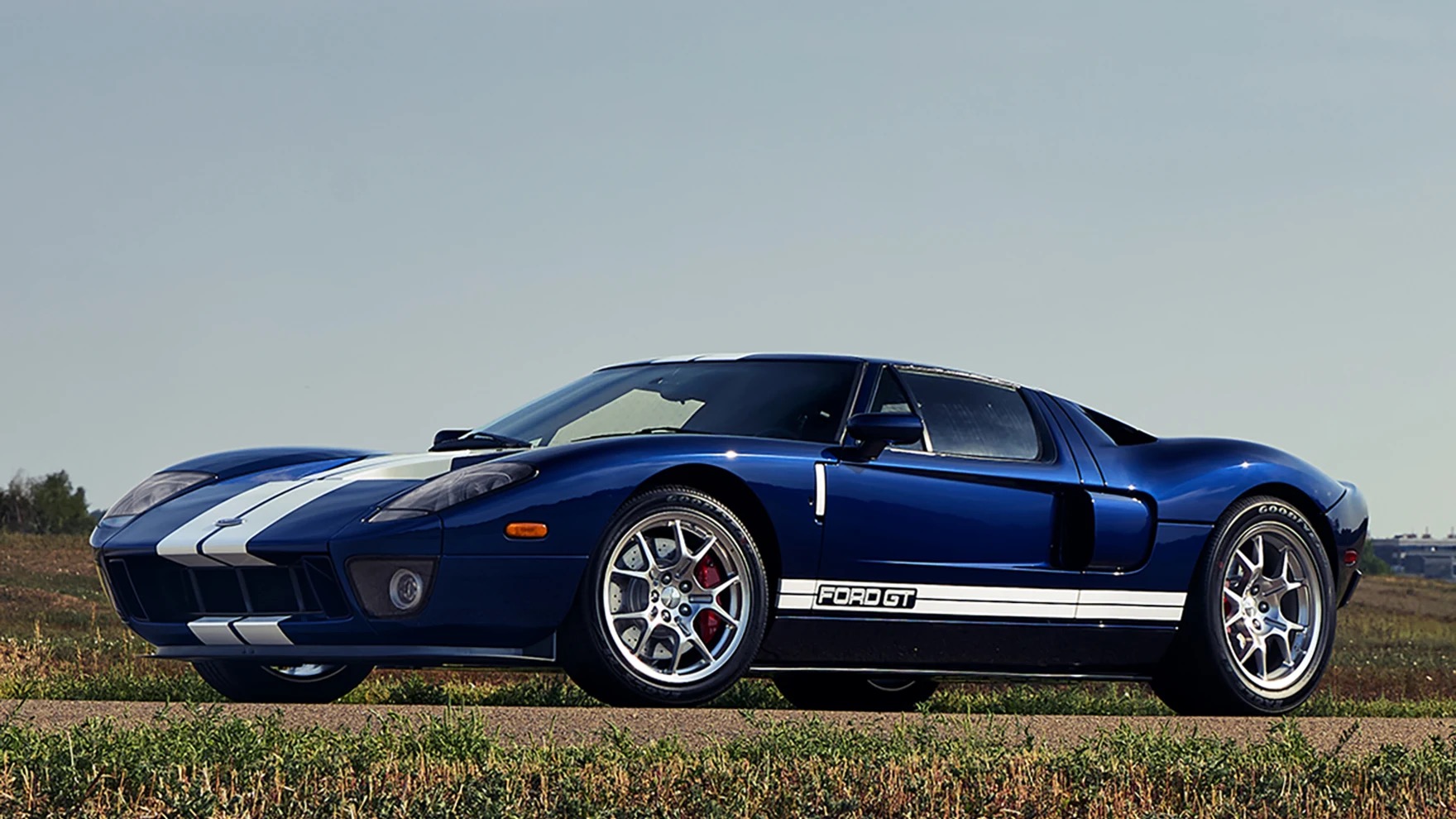

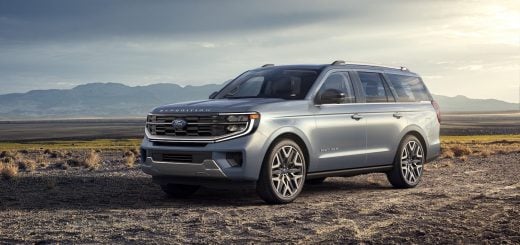
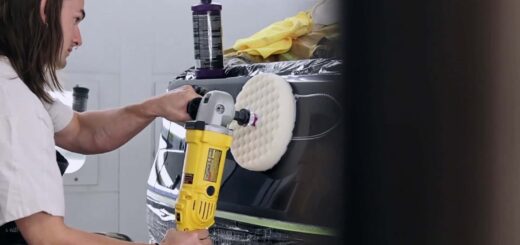
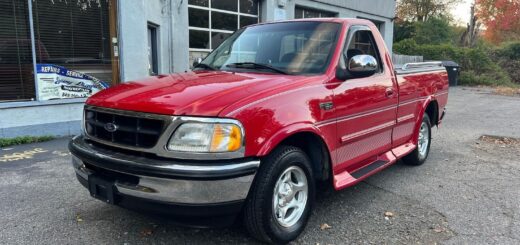

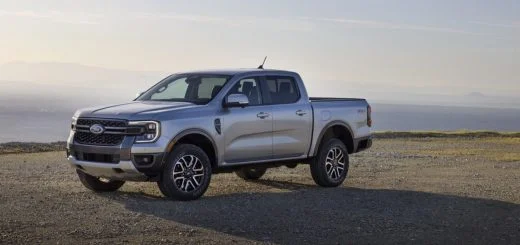


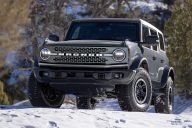

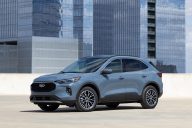

No Comments yet